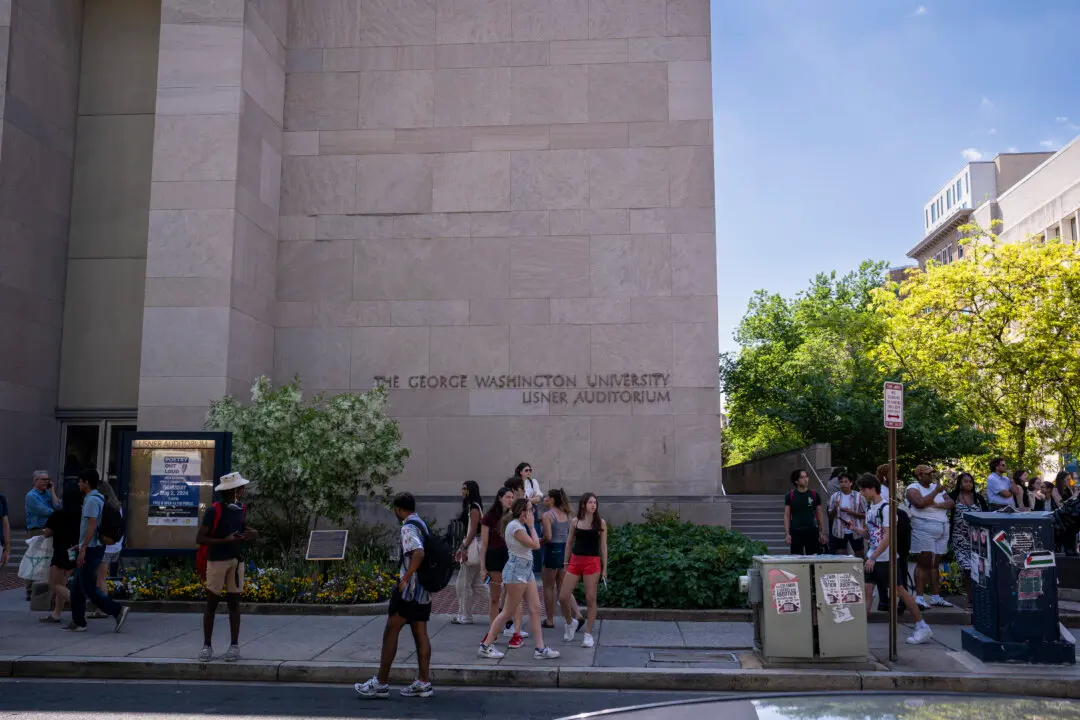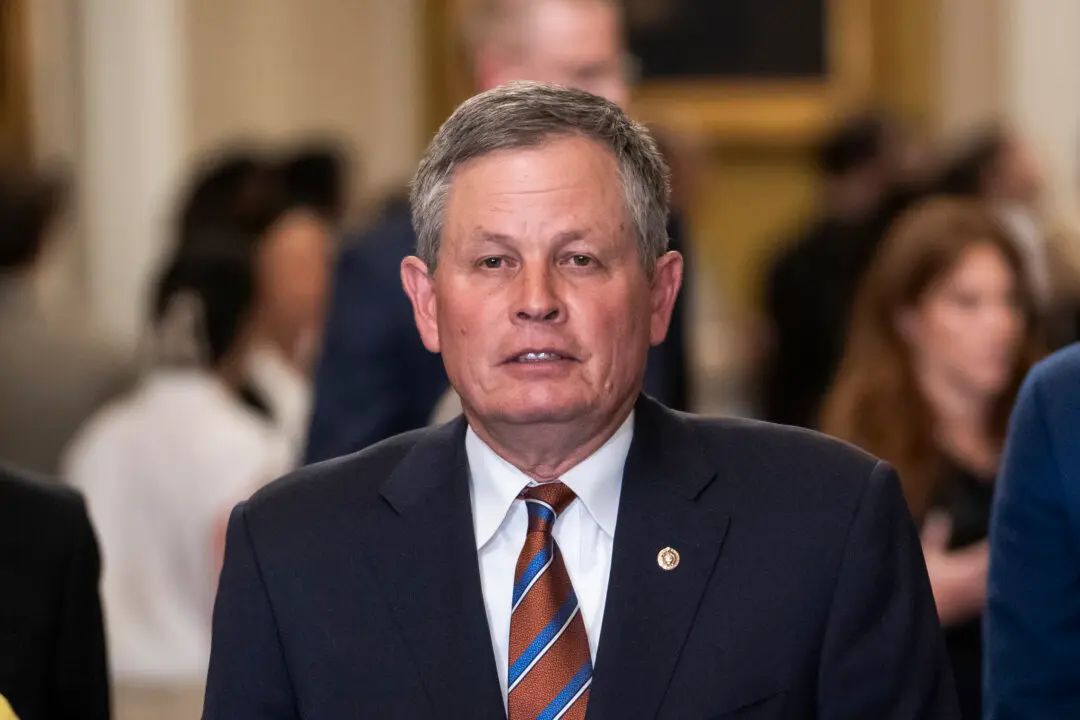The Supreme Court agreed Feb. 22 to hear the case of a Colorado artist who doesn’t want to create websites for homosexual people.
Lorie Smith makes custom websites but because of her religious beliefs wishes to work only on sites that “celebrate and promote God’s design for marriage as an institution between one man and one woman,” according to court filings.





